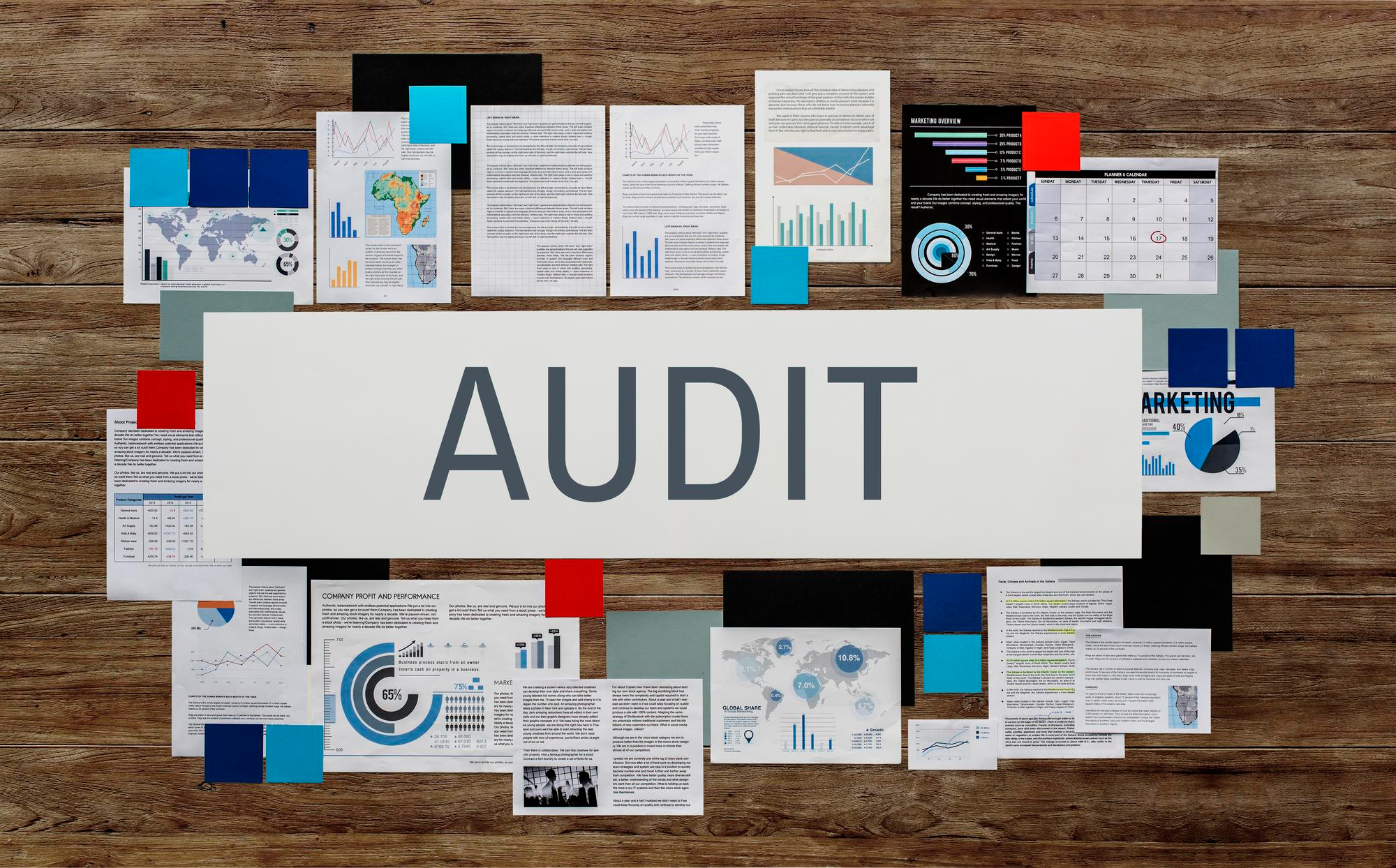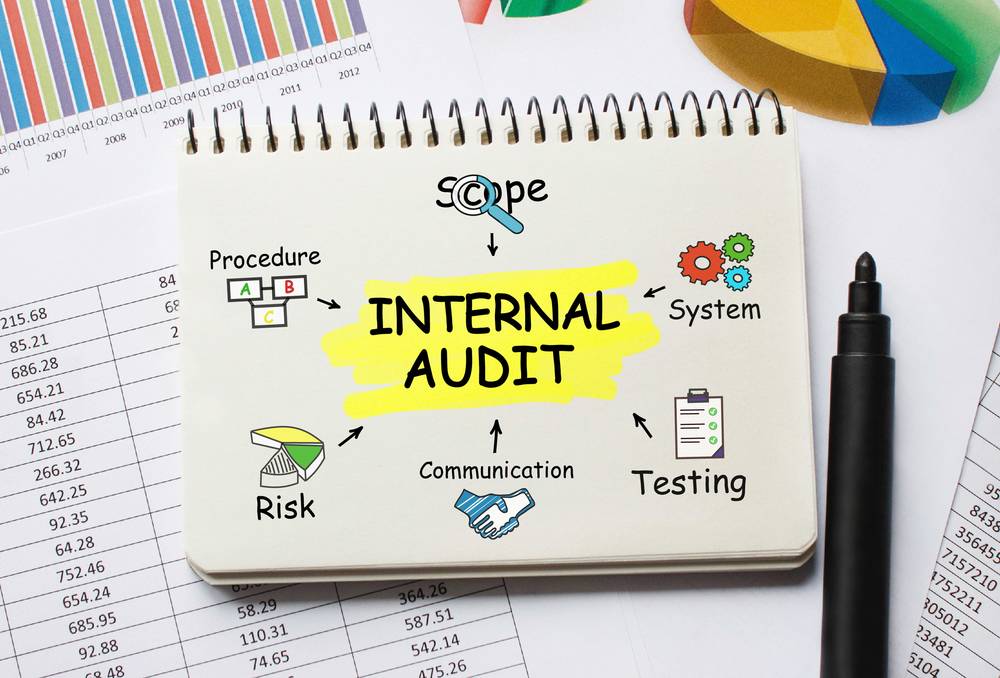AUDIT
Auditing is a systematic and independent examination of financial information, statements, records, operations, or processes to determine whether they are accurate, reliable, and in compliance with applicable laws, regulations, and accounting standards. Auditing is commonly associated with financial audits, where certified public accountants (CPAs) or auditors review a company's financial statements and related transactions to provide assurance about their accuracy and fairness.
Key points about auditing:
-
Purpose: Auditing serves various purposes, including ensuring the integrity of financial reporting, compliance with regulatory requirements, and identifying operational inefficiencies or fraudulent activities.
-
Types of Audits:
- Financial Audit: This is the most common type, focused on examining financial statements to determine if they fairly represent the company's financial position and performance.
- Operational Audit: Concentrates on the efficiency and effectiveness of operations within an organization.
- Compliance Audit: Ensures that an organization adheres to relevant laws and regulations.
- Information Systems (IS) Audit: Evaluates an organization's information technology systems and data security.
- Performance Audit: Assesses the economy, efficiency, and effectiveness of a program, project, or organization.
-
Auditor: Audits are typically performed by trained professionals known as auditors. These individuals are often certified and follow established auditing standards, such as Generally Accepted Auditing Standards (GAAS) for financial audits.
-
Audit Process:
- Planning: The auditor plans the audit, including defining objectives and scope.
- Fieldwork: The auditor collects evidence, tests transactions, and evaluates internal controls.
- Reporting: The auditor issues an audit report that contains findings, opinions, and recommendations.
- Follow-up: If necessary, the auditor may follow up to ensure that corrective actions are taken in response to audit findings.
-
Materiality: Auditors consider materiality, which refers to the significance or impact of an error or omission on financial statements. Material errors are those that could influence the decisions of financial statement users.
-
Independence: Auditors are expected to be independent and impartial, ensuring their objectivity and integrity in performing audits.
-
Ethics: Auditors are bound by ethical standards, such as the AICPA (American Institute of Certified Public Accountants) Code of Professional Conduct, to maintain their professional integrity.
-
Regulation: Auditing is subject to regulation by various governmental and professional bodies, such as the U.S. Securities and Exchange Commission (SEC) and the Public Company Accounting Oversight Board (PCAOB) in the United States.
-
Internal vs. External Audits:
- Internal Audit: Conducted by internal auditors who work for the organization. Their focus is on improving internal controls, risk management, and operational efficiency.
- External Audit: Performed by independent, external auditors, often required for financial reporting to stakeholders and regulatory authorities.
Auditing plays a crucial role in ensuring transparency, accountability, and trust in financial and operational matters for businesses and organizations. It helps stakeholders make informed decisions and provides assurance that financial information is reliable and accurate.






